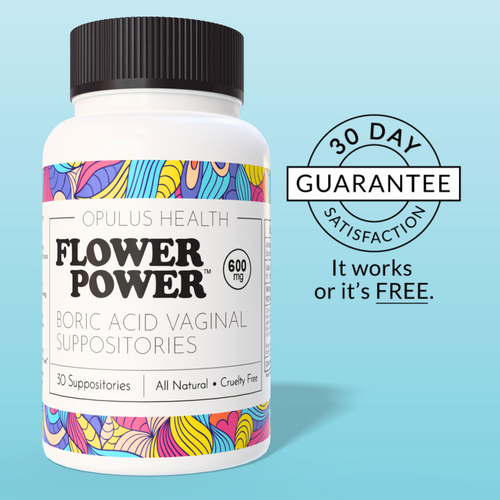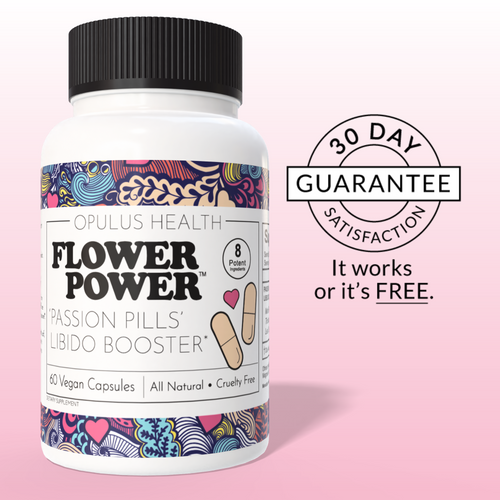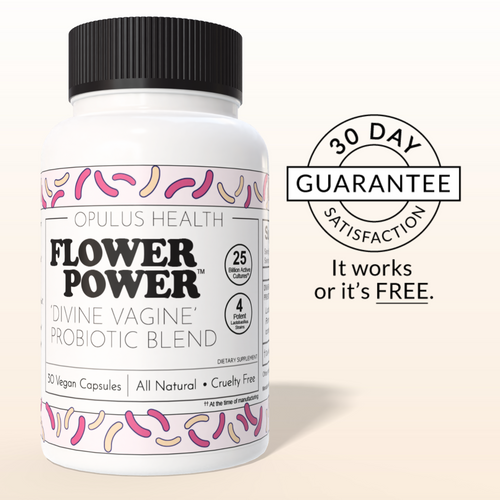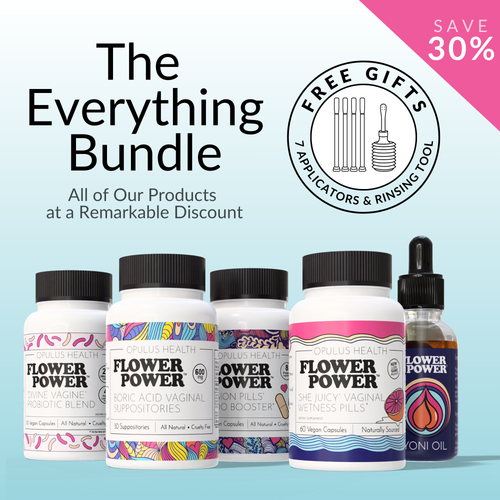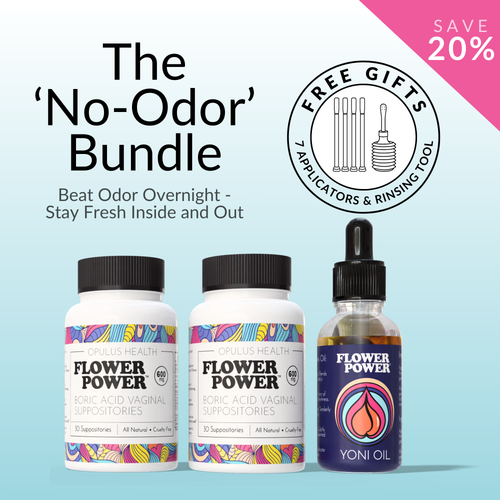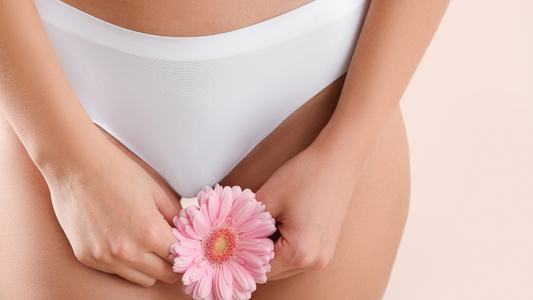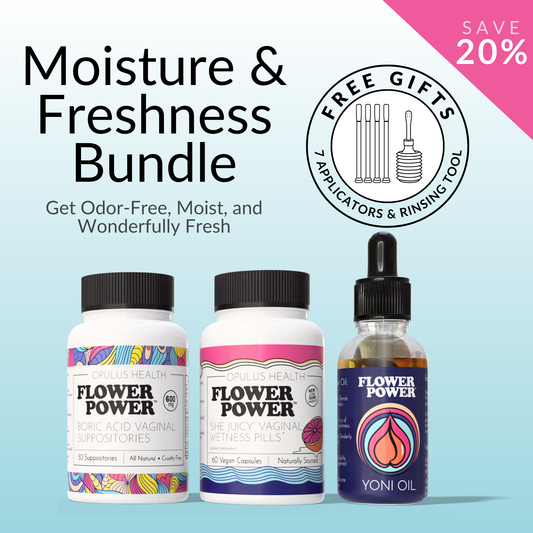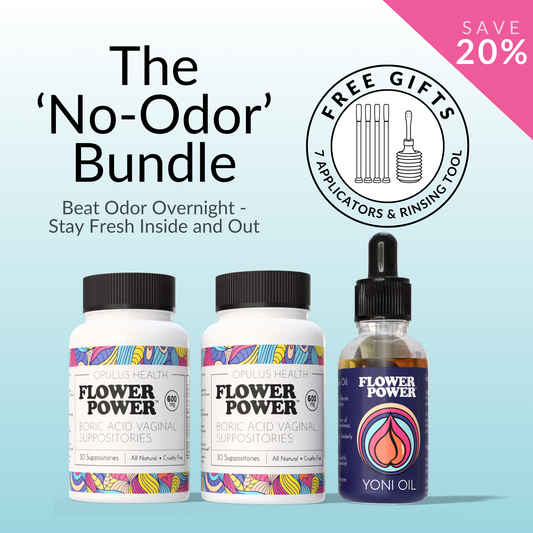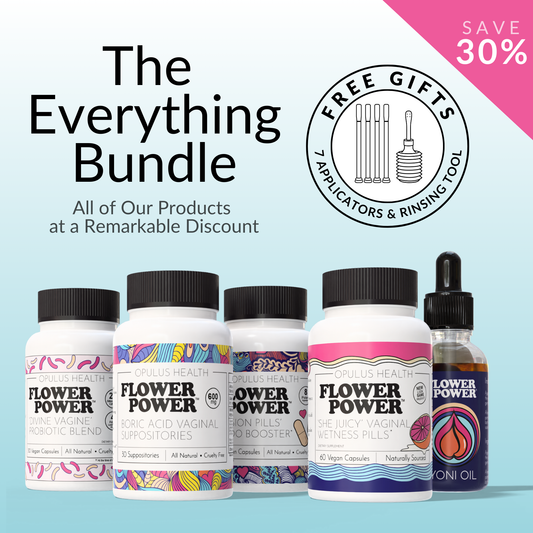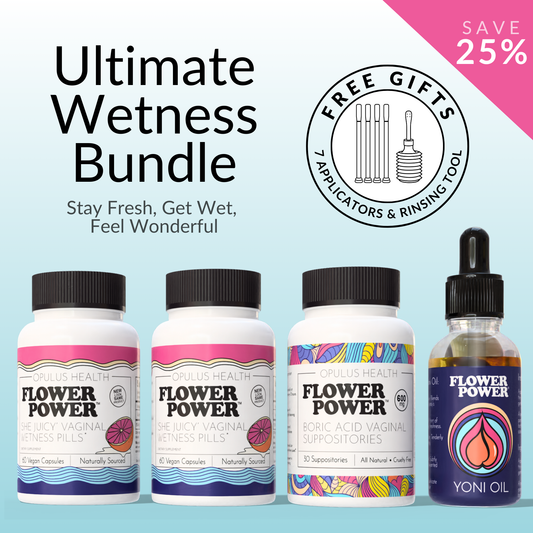Diet plays a bigger role in vaginal health than most people realize. What you eat affects hormone balance, tissue hydration, circulation, and even the vaginal microbiome. While vaginal dryness is often linked to hormones, lifestyle, and stress, nutrition is a powerful factor you can control every day. This article explores how diet influences vaginal moisture, the foods that support hydration, and which ones to limit.
The Connection Between Diet and Vaginal Health
What you put on your plate has a direct impact on how your body—and your vaginal tissue—feels. Just like skin needs hydration and nutrients to stay soft and resilient, the delicate vaginal mucosa also depends on a steady supply of vitamins, minerals, and healthy fats.
A diet lacking in key nutrients can leave tissues dry, less elastic, and more prone to irritation. On the other hand, a nutrient-rich, balanced diet supports:
-
Hydration
-
Hormonal balance
-
Tissue resilience
-
Microbiome health
Simply put, your diet is more than fuel—it’s an intimate form of self-care that can either support or undermine vaginal wellness. Choosing foods that nurture your body helps maintain balance, comfort, and confidence at every stage of life.
Foods That Help With Vaginal Dryness
The right foods can work like natural medicine for your intimate health. By supporting hydration, circulation, and hormone balance, certain ingredients can actively help improve vaginal comfort. Here are some of the most effective options:
1. Phytoestrogen-Rich Foods
-
Examples: Soy, flaxseeds, chickpeas, lentils.
-
Why they help: Phytoestrogens are plant compounds that mimic estrogen in gentle, natural ways. Since estrogen plays a major role in vaginal lubrication, these foods can help maintain moisture and balance, especially for women with lower hormone levels.
2. Omega-3 Fatty Acids
-
Examples: Salmon, chia seeds, walnuts, flaxseed oil.
-
Why they help: Omega-3s improve blood circulation, reduce inflammation, and enhance tissue flexibility. Better circulation means more oxygen and nutrients reach vaginal tissues, supporting natural lubrication.
3. Hydrating Fruits and Vegetables
-
Examples: Cucumbers, watermelon, oranges, leafy greens.
-
Why they help: These foods are packed with water and antioxidants. Staying hydrated from the inside out keeps mucosal tissues supple while antioxidants fight cell damage that can worsen dryness.
4. Probiotic-Rich Foods
-
Examples: Yogurt, kefir, sauerkraut, kimchi, miso.
-
Why they help: Probiotics nourish a healthy vaginal microbiome and help keep the pH slightly acidic, which supports natural lubrication and reduces the risk of infections that can contribute to dryness.
5. Vitamin E & C Foods
-
Examples: Nuts, seeds, avocados, citrus fruits, bell peppers.
-
Why they help: Vitamin E promotes elasticity and skin repair, while Vitamin C supports collagen production. Together, they keep the vaginal lining healthy and resilient.
By weaving these foods into your daily meals, you’re giving your body the building blocks it needs to stay balanced, hydrated, and comfortable.
Foods to Avoid for Vaginal Dryness
Just as some foods nourish and hydrate, others can have the opposite effect—contributing to irritation, imbalance, and increased dryness. Being mindful of these can make a big difference in your overall vaginal comfort.
1. Caffeine
-
Why avoid it: Coffee, energy drinks, and sodas may give you a quick boost, but caffeine is dehydrating. Too much can leave your body—and delicate vaginal tissues—lacking the moisture they need. It may also affect hormone balance in sensitive women.
2. Alcohol
-
Why avoid it: Alcohol acts as a diuretic, meaning it pulls fluids from your body, leaving tissues dry and less elastic. It can also interfere with circulation, making it harder for your body to deliver nutrients and hydration where they’re needed most.
3. Highly Processed Foods
-
Examples: Refined sugars, fried foods, packaged snacks, foods with additives.
-
Why avoid them: Processed foods promote inflammation in the body and may negatively affect hormone regulation. Inflammation can damage tissues and make dryness symptoms worse over time.
4. Excess Salt
-
Why avoid it: High sodium intake causes the body to retain water in the wrong places, leading to systemic dehydration. Less hydration means less natural lubrication.
5. Artificial Sweeteners
-
Why avoid them: Found in diet sodas, sugar-free snacks, and processed foods, artificial sweeteners may disrupt the gut microbiome. Since gut health and vaginal health are connected, this imbalance can trickle down, affecting natural lubrication.
By cutting back on these triggers, you help your body maintain balance and protect the natural processes that keep vaginal tissues healthy. Small dietary shifts can bring noticeable relief over time.
Lifestyle Habits That Work With Diet
While food plays a powerful role in supporting vaginal health, your daily habits can either amplify or undo those benefits. Pairing the right nutrition with a few intentional lifestyle practices creates the strongest foundation for lasting hydration and comfort.
1. Stay Consistently Hydrated
-
Aim for at least 8 glasses of water a day, or more if you’re active.
-
Hydration supports circulation and keeps all mucosal tissues—including vaginal tissue—supple and elastic.
-
Herbal teas and water-rich foods (like cucumber and watermelon) also contribute to your daily fluid intake.
2. Manage Stress Levels
-
Chronic stress elevates cortisol, which can disrupt hormonal balance and reduce natural lubrication.
-
Practices like yoga, meditation, journaling, or even a daily walk help calm your nervous system and support hormone health.
-
Prioritizing rest and quality sleep is equally important for recovery and balance.
3. Move Your Body Regularly
-
Exercise improves circulation, ensuring nutrients and hydration reach vaginal tissues.
-
Strength training, walking, and low-impact workouts also promote stable hormone levels.
-
Even 20–30 minutes of movement most days makes a difference.
4. Pair Diet with Natural Supplements
-
Nutritional shifts work best when paired with targeted support.
-
She Juicy Vaginal Moisture Supplement combines Slippery Elm Bark and plant-based botanicals that hydrate from within.
-
Unlike lubricants (which provide temporary relief), supplements work long-term to nourish tissue, balance moisture, and support ongoing comfort.
By combining mindful nutrition with these daily habits, you create a holistic approach that works with your body—not against it—to naturally support hydration and intimate health.
Key Takeaways
-
Diet plays a crucial role in vaginal hydration and overall intimate health.
-
Foods rich in phytoestrogens, omega-3s, probiotics, and antioxidants promote natural lubrication.
-
Alcohol, caffeine, and processed foods may worsen dryness.
-
Nutrition works best when combined with hydration, stress management, and natural supplements like She Juicy.
FAQ: Diet and Vaginal Dryness
Can what I eat really affect vaginal dryness?
Yes. Nutrient-rich foods support hydration, circulation, and hormone balance—all key for vaginal health.
What are the best foods for vaginal dryness?
Soy, flaxseeds, salmon, walnuts, yogurt, and hydrating fruits and vegetables are excellent options.
Are there foods that make vaginal dryness worse?
Yes. Alcohol, caffeine, processed foods, and too much salt can contribute to dehydration and inflammation.
Can diet alone fix vaginal dryness?
In mild cases, diet and hydration may help significantly. For lasting results, combine nutrition with lifestyle habits and natural supplements like She Juicy.
How long does it take for diet changes to improve vaginal health?
Every body is different, but many women notice positive changes within a few weeks of consistent, healthy eating.
Conclusion
Your diet has a direct impact on vaginal health, and simple changes—like adding omega-3s, phytoestrogens, and probiotics—can make a big difference in hydration and comfort. Pairing a nourishing diet with She Juicy’s natural, hormone-free supplement gives your body everything it needs to restore balance and confidence.
Take charge of your intimate health the natural way. Explore Flower Power’s clean, plant-based solutions today and feel the difference from within.

